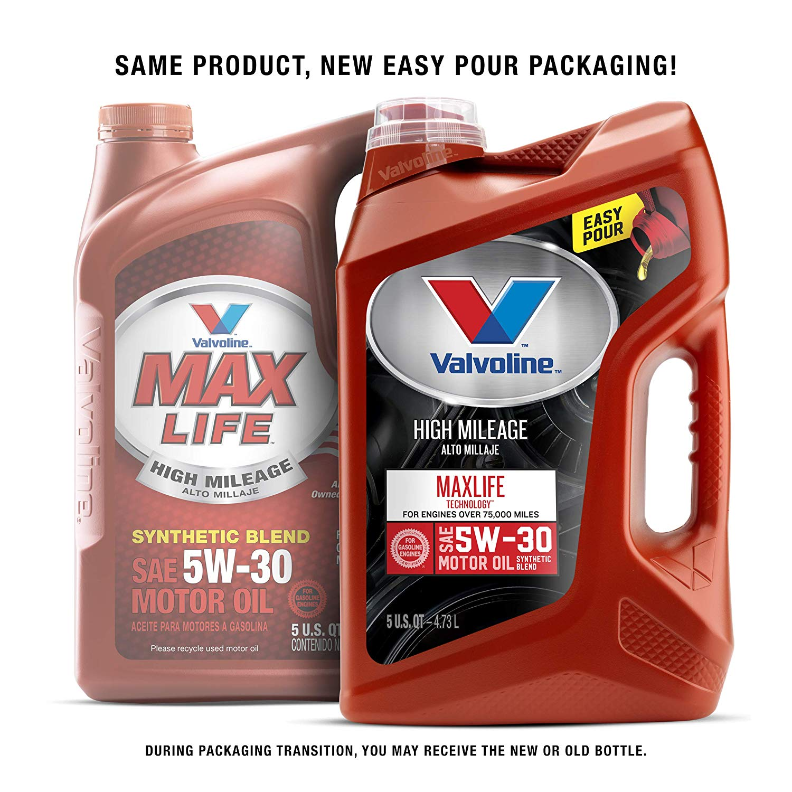How to Tell If You’re Dealing with a Legit Car Dealer
Purchasing a car is a significant investment, and choosing the right dealer is crucial to guarantee a smooth and trustworthy transaction. However, the fact that you can find a Buick Dealer near you without much effort does not mean that they’re all equally trustworthy. With many dealers available, both online and offline, distinguishing between legitimate and fraudulent ones can be challenging. Here’s how you can tell if you’re dealing with a legit car dealer.
Verify the Dealer’s Reputation

A respectable auto dealer will have a proven track record and excellent feedback from prior clients. Begin by researching the dealer online. Search for reviews on domains such as Yelp, Google, and DealerRater. Pay attention to trends in the reviews, both favorable and bad. If a dealer continually obtains good ratings and favorable feedback, they are probably reliable.
Confirm Licensing and Accreditation
A legitimate car dealer should be appropriately licensed and accredited by relevant authorities. Ask the dealer to provide proof of their business license and any certifications. Most states require car dealers to be licensed by the Department of Motor Vehicles (DMV) or an equivalent regulatory body. Accreditation from industry associations, such as the National Automobile Dealers Association (NADA), can also indicate a dealer’s commitment to maintaining high standards.
Examine the Dealer’s Physical Location
A genuine car dealer will operate from a verifiable physical location. Visit the dealer’s showroom or lot to inspect their facilities. A well-maintained, professional-looking dealership is a good sign of legitimacy. Be wary of dealers who operate solely online or from temporary locations, as these setups can be red flags for potential scams. A legitimate dealer will have a permanent, established presence in the community.
Review the Vehicle History and Documentation

Legitimate car dealers will provide complete and transparent documentation for their vehicles. This includes a clear title, maintenance records, and a vehicle history report from services like Carfax or AutoCheck. These reports should detail the car’s past ownership, accident history, and any title issues. Be cautious if the dealer is reluctant to provide this information or if the documentation seems incomplete or inconsistent.
Evaluate the Sales Process
The sales process at a legitimate car dealership should be transparent and straightforward. Pay attention to how the dealer handles pricing, negotiations, and paperwork. Legitimate dealers will provide clear and honest answers to your questions, and the pricing should be consistent with the market value. Be wary of dealers who use high-pressure sales tactics, offer deals that seem too good to be true, or are evasive about costs and fees.
Check for a Strong Online Presence
In today’s digital age, a legitimate car dealer will have a robust online presence, including a well-designed website and active social media profiles. The website should provide detailed information about the dealership, inventory, services, and contact details. It should also feature customer reviews and testimonials. An established online presence can be a good indicator of a dealer’s legitimacy and commitment to transparency.
In conclusion, ensuring that you are dealing with a legitimate car dealer requires due diligence and careful evaluation. Verify the dealer’s reputation, confirm their licensing and accreditation, and examine their physical location. Review vehicle documentation thoroughly and evaluate the transparency of the sales process. A strong online presence and personal recommendations can also help identify a trustworthy dealer. By taking these steps, you can protect yourself from scams and ensure a smooth, satisfactory car-buying experience.…



